Several Nationalist Party candidates are seeking new electoral districts to increase their chances to be elected next time round. But the landscape could drastically change if PN MPs who have served for four terms or more are banned from contesting, as is being suggested.
In between elections, most candidates aim to solidify their base of constituents via all means imaginable, including house visits. Others tend to take a more laid-back approach but increase their presence as the election nears. And some take the opportunity to test the waters and try other avenues to make their way into Parliament.
There are then changes to the district boundaries, depending on the increase in population, which force candidates to move from one district to another. For some, changes are benevolent as they include areas in which they are strong; for others, this causes distress because their voter base gets to be separated.
The Nationalist Party has had three years and more of upheaval since the last election defeat, the heaviest in its history. Since then it has changed its leader twice and it is still settling down, less than two months after Bernard Grech took over from Adrian Delia at the helm.
But the election is not too far away. The Prime Minister has ruled out early polls, so it is likely that it will be held in the first half of 2022. By then, the PN – and its candidates – need to be ready.
There have been some announcements with regard to the districts some candidates will be contesting. For example, the new leader Bernard Grech has selected the fifth and 11th districts, although some insiders do not agree with this choice (the subject is treated in a separate story).
Several candidates have already been approved by the party after going through the process of having their candidacy checked by the Candidates Commission, and later approved by the Administrative Committee and Executive Committee. Others are still to make up their mind on which districts to contest or are awaiting guidance from the party.

Two districts
Some candidates who used to prefer to concentrate on one district, where they have a sound base of support, have picked a second district in a bid to increase their chances.
Clyde Puli (above) and Ryan Callus, for example, will both be contesting on two districts this time round. Both of them were elected from the sixth district – Qormi, Luqa and Siggiewi – in 2017. In the next election, they will try their luck also on the seventh district, which includes Zebbug, Dingli and Rabat.
In this district, the PN lost Jean Pierre Debono, who here obtained the second highest number of votes for the PN in 2017. Debono later gave up his seat to then leader Adrian Delia, and has since withdrawn from politics.
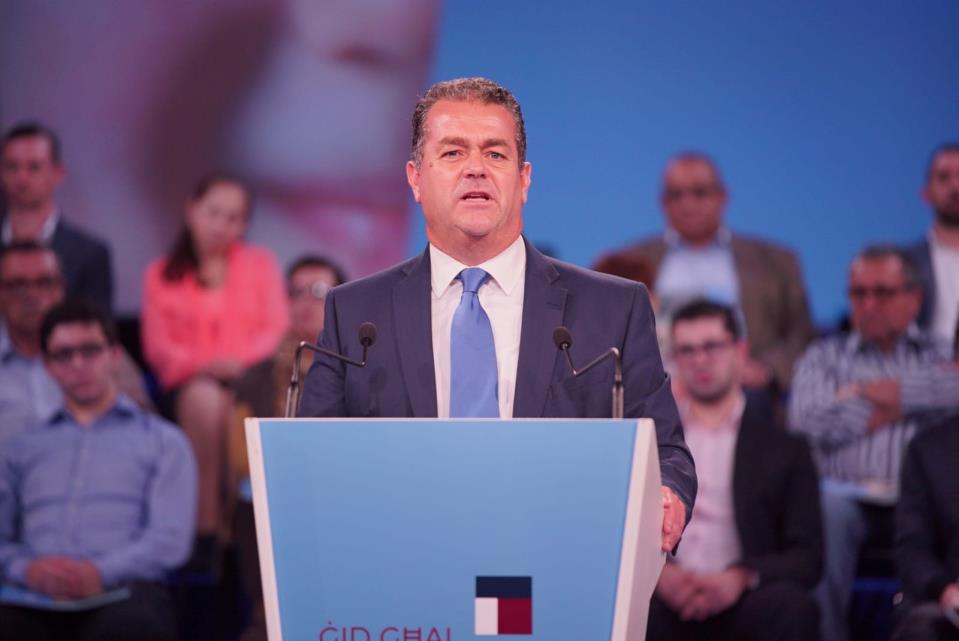
Beppe Fenech Adami was also elected for the PN from the seventh district, but it is not yet known whether he will be throwing in his hat again here. Fenech Adami’s main district is his hometown, Birkirkara, which makes up a huge chunk of the eighth district together with Balzan, Lija and Iklin.
On the eighth district, Fenech Adami will have to contend with Delia, who also has a huge amount of support in Birkirkara. The former leader’s candidacy on this district has been confirmed by the PN although, according to insiders, there was initial opposition from Fenech Adami. The two are not the best of friends and Fenech Adami was among the rebels who worked to oust Delia from the leadership.
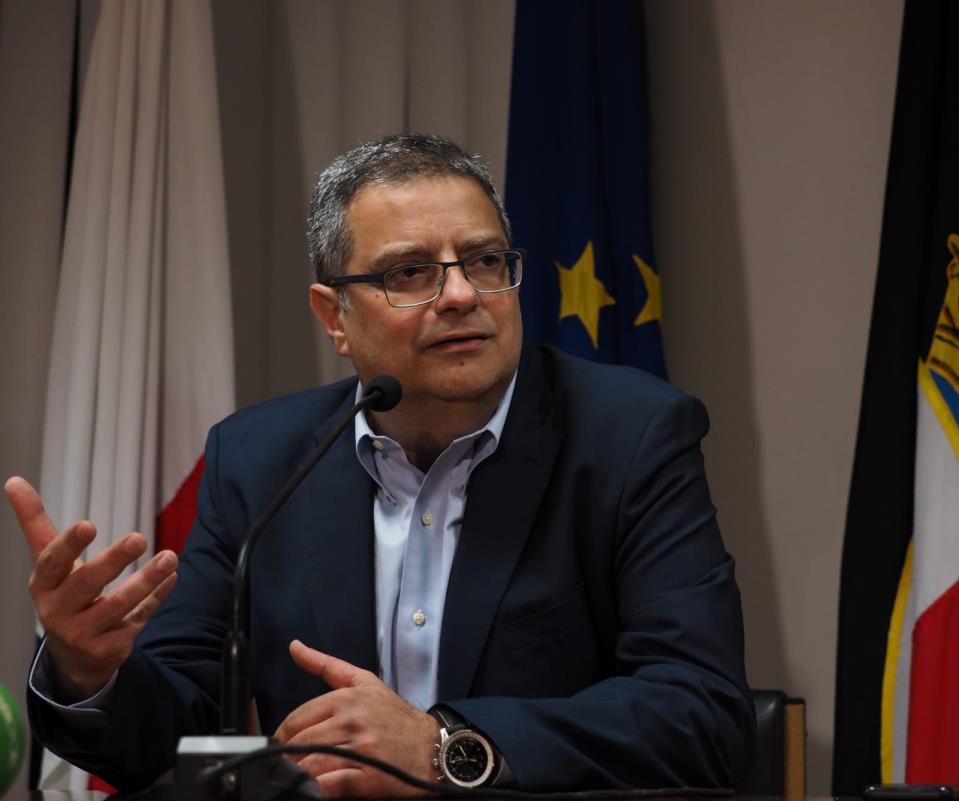
Delia will contest another district, but this is still to be decided. It will probably be somewhere in the south of Malta, excluding the second district, Cottonera, where Stephen Spiteri has a great following, and the fifth, where leader Bernard Grech is contesting.
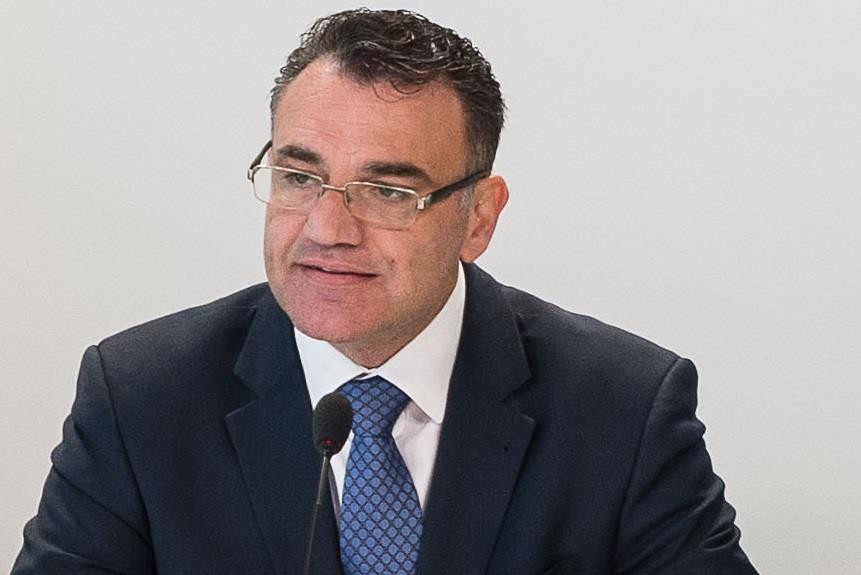
The eighth district is one of the two districts also contested by one of the two PN deputy leaders, David Agius, who last time was elected from this district as well as the 11th, which includes Mosta and Attard. Agius will be on the list in these two districts again.
Claudette Buttigieg has dropped the eighth district and will now be contesting on the 10th and 12th districts. Last time round, Therese Comodini Cachia was included in the list on the eighth district at the last minute after Tonio Fenech pulled out of the race. She is expected to contest there again, with a possibility of also being on the list in another as yet unknown district.
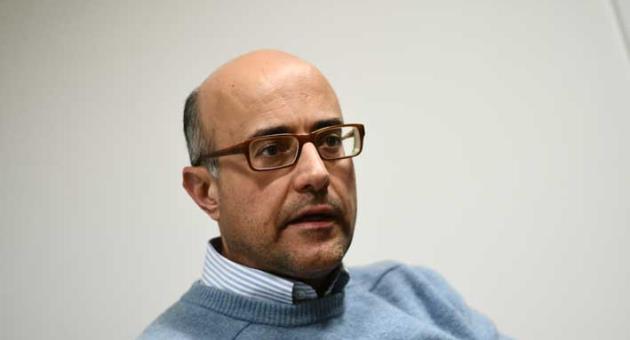
Another candidate who has chosen to contest a second district this time round is Jason Azzopardi who, apart from the usual fourth district from where he has been elected since 1998, will now also contest the ninth district, which comprises San Gwann, Msida, Gharghur and Swieqi.
Party insiders say that Azzopardi’s support on the fourth district – Paola, Gudja, Santa Lucija and Tarxien – has dwindled since the last election after his open opposition to Delia. Azzopardi is seen among the front-liners in the internal struggle to kick out Delia, who has widespread support among the Nationalist minorities in the southern districts.
The inclusion of newcomer Mark Anthony Sammut will also damage Azzopardi’s chances on the fourth district.
The latest revelations related to Azzopardi’s travels to Israel and his private life have not helped. On the ninth district, he might pick up votes from the Daphne Caruana Galizia group of supporters, from whom he has great respect.

Kristy Debono remains strong in a district from which she was elected on the first count in 2017, and it is unlikely that Azzopardi could hurt her, even if he were to take some votes from those who voted for Marthese Portelli in 2017. Portelli resigned her seat earlier this year and will not be contesting.
Azzopardi’s chances could be further limited on the ninth district because the PN will be fielding a candidate who is expected to do well in his first attempt at politics – lawyer Joe Giglio.

Giglio is also strong on the 10th district, which comprises Sliema and St Julian’s, where the PN has solid support. He will likely battle for the most votes with deputy leader Robert Arrigo in a district where the PN will also have Karl Gouder and Mark Anthony Sammut – and many others – also vying for a seat. In this district, the PN normally presents a long list of candidates.
It must be remembered that, in 2017, Marlene Farrugia took a seat from this district as a candidate for the Partit Demokratiku, which was in coalition with the PN.
One candidate who is still to make up his mind on where to contest is Karol Aquilina. In 2017, he did not make it from his home district – the sixth – but surprisingly got through in a casual election on the 10th. With Puli and Callus still strong on the sixth, Aquilina is seeing his chances on the 10th diminish as well, given the added presence of Giglio and Sammut.
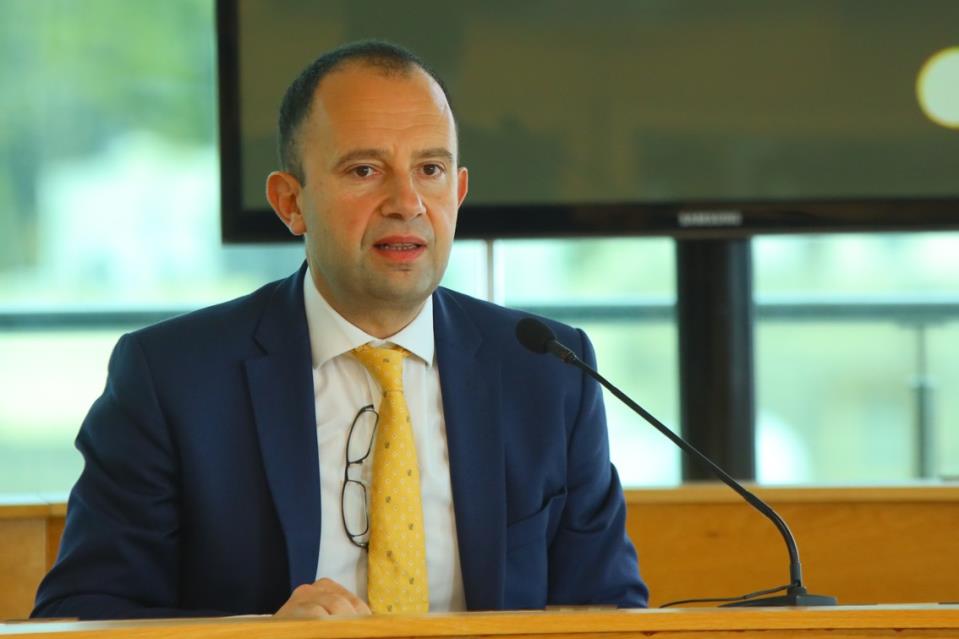
Step back
All of this, however, could change if a suggestion that has been put forward by PN MP Claudio Grech is accepted and implemented.
Grech is suggesting that sitting MPs should voluntarily make way for a younger generation of politicians.
This suggestion seems to be gathering momentum inside PN circles, and apparently also has the support of new leader Bernard Grech.
Some have interpreted the suggestion to be related to MPs who have represented the party for many years, and as a way to politely tell them they are no longer useful.
If it is accepted, it would mean that veteran MPs such as David Agius, Robert Arrigo, Jason Azzopardi, Mario de Marco, Mario Galea, Carmelo Mifsud Bonnici, Clyde Puli and Edwin Vassallo, all of whom have been in the House for four or more terms, would have to call it a day. PN insiders are describing this as a dignified exit as some of them are unlikely to make it anyway.
But, on the other hand, there are arguments against the move. For example, it will be the first time that Agius and Arrigo will be contesting the election as deputy leaders, a position they reached in this term. It would be therefore unfair, insiders say, that they will not be allowed to contest after building up their career to reach the deputy leadership.
Another argument against the idea is that politicians like Francis Zammit Dimech and Censu Galea still occupy top positions in the party respectively as secretary general and president of the general council. Why single out MPs who are still younger than Zammit Dimech and Galea and kick them out? Would the suggestion also cover MEPs, mayors and councillors?
Politicians who have served the party as MPs for many years had to struggle against the party’s giants to earn their place in the House decades ago, and so why would they give up their seat so easily to others, one insider argued.
Elderly voters find it hard to go for young politicians and prefer to give their vote to candidates they have grown up with and know well, another insider argued. The PN stands to lose the votes of these elderly citizens who would not identify with the newer candidates, the insider added.